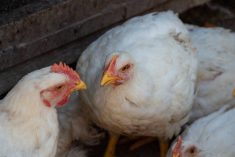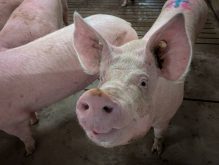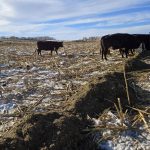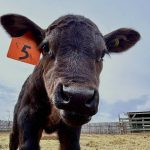Market access for live Canadian sheep and goats in Russia has been restored as part of the agreement earlier this week on new export certificates, Canada’s sheep producers report.
The 2003 closure of Russian ports to Canadian ruminants after the discovery of Canada’s first domestic case of BSE “marked not only an inability to access lucrative U.S. and Mexican markets, but also the beginning of shrinkage in the Canadian ewe flock population,” the Canadian Sheep Federation said in a release Wednesday.
Russia’s opening of its ports to small ruminants comes at the same time as it grants immediate market access to Canadian bone-in beef from animals under 30 months old (UTMs).
Read Also
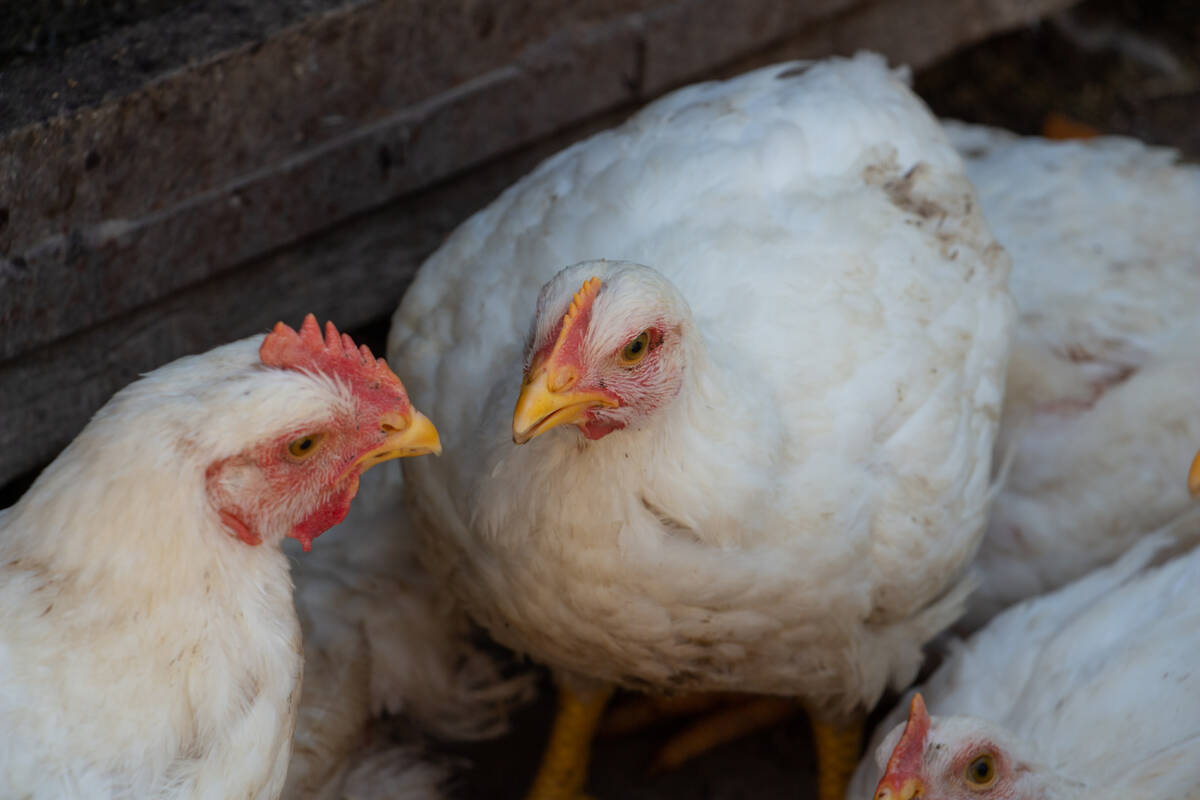
Chicken, eggs benefit from demand for economical protein
Strong demand for protein and status as an economical alternative to beef bodes well for chicken and egg demand in 2026 according to recent analysis from Farm Credit Canada.
“Not only does this announcement indicate that the industry is able to diversify its markets,” said CSF chairman Dwane Morvik, a farmer at Eastend, Sask., “but it could also be the incentive needed for the Canadian industry to start to rebuild its ewe flock.”
“Russia has committed to doubling its small ruminant production, and has identified Canadian genetics as an integral part of this expansion,” Brian Atkinson, an Ontario producer and executive with the Canadian Sheep Breeders’ Association, said in a release Wednesday.
“Recognizing the quality of Canadian small ruminant genetics and Canadian breeding stock will be used as the base from which the Russian industry can expand,” Atkinson said.
Over the next three years it is anticipated that the Russian market could be worth over $8 million for the Canadian small ruminant industry, the group said.
“For almost two years, the Canadian Livestock Genetics Association (CLGA) has been working with the government of Canada and industry representatives in Russia to reach an agreement on the animal health conditions that would allow Canadian small ruminant genetics access to the Russian market,” said Rick McRonald, executive director with the CLGA in Guelph.
“CLGA members have established strong relationships with counterparts in Russia and are very pleased to know that trade can now get underway,” he said.
Pork trade
Following the appearance of the H1N1 influenza virus in people in Canada earlier this year, Russia also imposed a ban on live hogs, raw pork and pork products from several provinces.
Bans were lifted on products by the end of June on imports from Alberta, Nova Scotia, Quebec and B.C., followed by bans on products from Ontario in mid-July.
Federal Agriculture Minister Gerry Ritz said on the hog industry-sponsored program FarmScape Wednesday that he hopes to see full restoration of Canadian pork movement into Russia, once inspections are done next month at Canadian pork plants that had been delisted.
“It’s a matter of having some Russian officials travel to Canada to reopen some of the plants that were delisted,” he said. “We’re quite buoyed by the fact there seems to be a mood to get that done very very quickly.”



